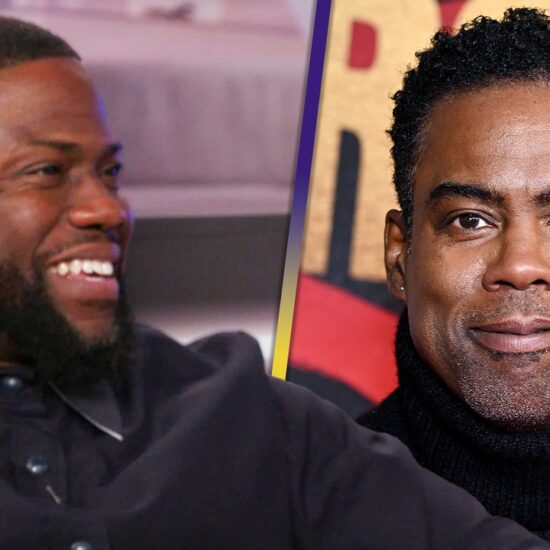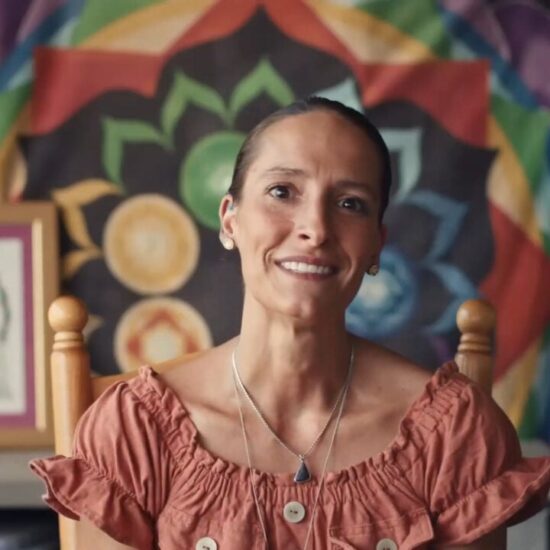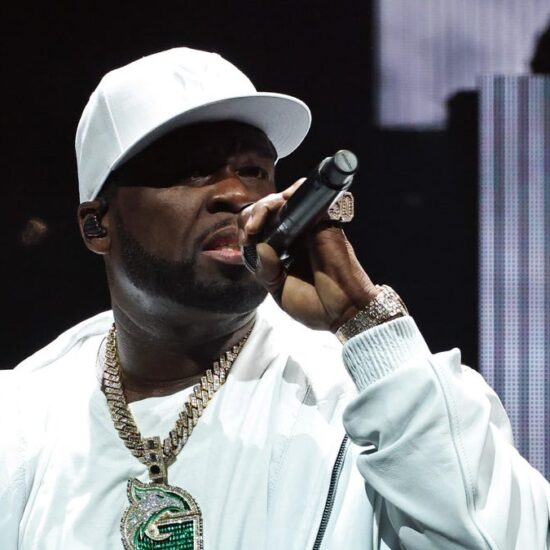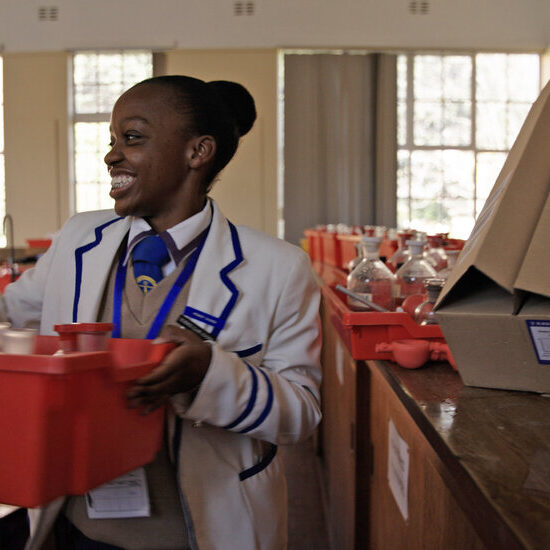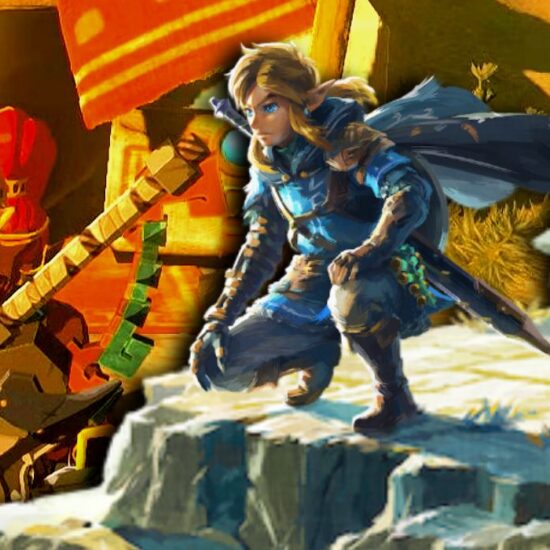
A preview of Patrick Boudet’s documentary “Nicole Kidman – Eyes Wide Open,” produced by Valérie Montmartin at Little Big Story and ARTE France, generated significant buzz at the Unifrance Rendez-Vous With French Cinema in Paris.
Boudet has written and directed drama and documentaries for France Télévisions, Arte, M6 and radio, and his previous project was TV movie “La Vie de Brian Jones,” about the Rolling Stones guitarist.
“Kidman” weaves together archive shots from the actor’s films and selected interviews with her, including a 2012 audio interview with French film critic Michel Ciment, reinforced by new interviews recorded by Boudet in Los Angeles, New York, London and Paris, with directors Gus van Sant and John Cameron Mitchell, actor Charlotte Lipinska, and Ciment, alongside fellow critics Anna Smith and Variety’s Peter Debruge.
The pic shows how Kidman moved from Australia to Hollywood to escape from the “tall poppy syndrome” that stifles talent. It explores the interlinks between Kidman’s personal and professional lives, showing how she uses her star power to take on challenging roles, and looks at how her role in Van Sant’s 1995 satirical black comedy “To Die For” heralded a new direction in her career.
Director John Cameron Mitchell – who cast Kidman in the 2010 drama “Rabbit Hole,” for which she earned an Oscar nomination, and his 2017 sci-fi romantic comedy “How to Talk to Girls at Parties” – remarks: “There’s something quest-like about her. Heroic. With all of her characters, even if they’re small people, there’s a strange kind of lonely warrior about them.”
Boudet and Montmartin spoke to Variety about the project.
What attracted you both to this project?
Montmartin: ARTE has a slot dedicated to leading actors and filmmakers and Nicole is one of the greatest living actresses. She works in both mainstream and auteur films. She is a feminist and has been able to express herself on these questions. It’s all this complexity that really made me want to make this film.
Does the documentary include a new interview with Kidman?
Montmartin: No. In general, she avoids talking in-depth about the underlying connections between her life and work, which is what the documentary is about. But she isn’t opposed to having films made about her. We were lucky to talk to French film critic Michel Ciment, who conducted an extensive audio interview with her in 2012 at Cannes. We use this recording and other interviews in which she tells her own story, complemented by new interviews with people who have worked with her and know her well.
How do you view Kidman as an artist?
Boudet: My main goal is to show that Nicole is not just an actor, but also an auteur, a creator. She has no ambition to write or direct, but through her films she expresses something that touches her and conveys her view of the world. Paradoxically, she has built a mirror work that tells us about her life. She inspires directors and writers. And because she wants to experiment, she looks for directors who are underground, independent, who have their own personal universe. She also seeks to experience certain limits, which are not her own limits, but are instead the psychological limits of the female characters she portrays.
How do you see her body of work as a whole?
Boudet: I realized that there is an underlying theme running through her work, an epistemology if you like, of a female character who is effectively imprisoned. We find this theme running throughout her work, for example one of her early films, “Dead Calm,” in which she is the prisoner of a psychopath, or “Big Little Lies,” where she also lives imprisoned, first socially and then through domestic abuse. This theme also comes up in her blockbuster films, with, of course, many sub-themes such as in “Portrait of a Lady,” in which she effectively imprisons herself. Hollywood films are often set up around male actors. Nicole has reversed that. For example, with the series “Big Little Lies,” she read the book, and told the author: if you give me the rights, I promise you this project will be made. She is also the producer on many other projects, which is a way of freeing herself and taking power. She looks for directors who have a very independent universe of their own.
How did you approach the links between her personal and professional life?
Boudet: I wanted to avoid a gossip-based approach. One of the great mysteries of Nicole’s work, like that of certain artists, writers or painters, is that there are many correspondences between her life and work. For example, when she made “Eyes Wide Shut,” Stanley Kubrick drew inspiration from Nicole’s and Tom Cruise’s relationship. He was constantly rewriting the screenplay. He arrived at a point where the film took on a life of its own, inspired by their relationship, but distinct from it. Finally, the film generated a psychodrama since they separated soon afterwards. Nicole also uses the cinema to question her own identity. She also talks about how she entered a depression after her divorce and channeled this experience into “The Hours.” She began to embrace yet more challenging roles, such as “Dogville” and then “Birth,” which is incredible, where she falls in love with a child who claims to be the reincarnation of her dead husband. When she remarried in 2006, I think this gave her the stability to create her own production company, “Blossom Films,” and accept even more extreme roles, by filming “Rabbit Hole” by John Cameron Mitchell, or “The Paperboy” by Lee Daniels.
How do you think the fact that she grew up outside the U.S. has influenced her work?
Boudet: Nicole is Australian, which in a way brings her closer to a European identity. I think that an American actor may not have had the desire to take on the same challenging roles. When she got to Hollywood, she was caught up in the Tom Cruise publicity machine. But she quickly became tired of mainstream Hollywood cinema, because she made films like “Batman Forever,” and was looking for other roles. Cruise was exemplary – in terms of his support for her. Before becoming a blockbuster actor, with films like “Mission: Impossible,” he also had an important period of independent cinema. It was at this time that her role in Gus van Sant’s “To Die For” came about. Gus had someone else in mind, but Nicole called him and said I was born for this role. And she was extraordinary in the film. That marked a new chapter in her career.
In the documentary, you talk about her inspirations from literature.
Montmartin: She is very intelligent and as a girl was always reading books. Michel Ciment explains in the film that she read many of the great Anglo-Saxon classics – Charlotte Bronte, Emily Bronte, Emily Dickinson, George Eliot and so on. She absorbed those influences. This is evident in a film like “The Hours,” for which she won an Oscar. She is inspired by the great heroines of literature. Even in a more mainstream film like “Betwitched,” she brings an inner conflict to the role.
Is Nicole Kidman aware of this project?
Boudet: She knows that it’s being made and will be broadcast in Australia on two channels, including one in primetime. I don’t know what her reaction will be. But the film is very positive about her work, and above all it’s very respectful. It’s important to remember that there are many more women directors in Europe than in Hollywood, which highlights the importance of an actor like Nicole, who has opened up new visions. We’re living in a moment, just like in the TV series “Big Little Lies,” in which women are freeing themselves. But there are still many obstacles and Nicole is one of the people who are helping, through both her roles and her concrete actions, like working with women directors, such as Karyn Kusama for “Destroyer” and Andrea Arnold on Season 2 of “Big Little Lies.” I hope this project will shed light on her influence.








